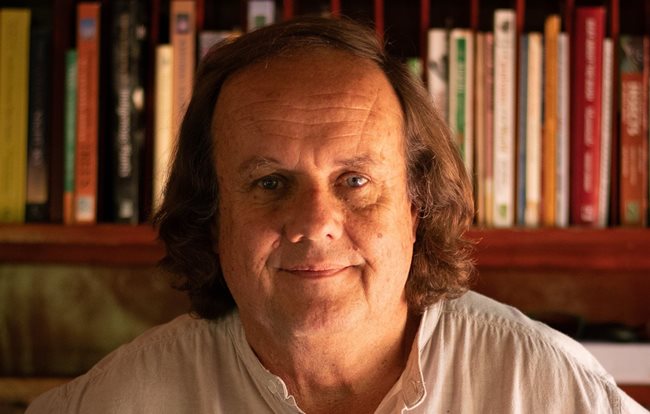#BizTrends2022: Gentle giants will join the dots for success

Coincidentally, I was exposed to Prof Larry E. Greiner’s famous dissertation, Evolution and Revolution as Organisations Grow, published in 1972 in the Harvard Business Review. Three insights struck me on human culture and business:
- The passage of time is characterised by periods of stability (evolution) interspersed with shorter periods of turbulence (revolution).
- The ingredients required to support stability eventually migrate with time and entropy to become the very ingredients that cause the next phase of turbulence and revolution; just as Botha's efforts to entrench apartheid in 1985 had the opposite effect of intensifying revolt, causing his party's demise a few years on.
- The leadership style required in periods of stability are quite different to those necessary to navigate turbulence and revolution.
Looking back
Looking back 50 years shows a South Africa beset with a complex tapestry of evolution and revolution. The political landscape is obvious. We are up there with the tallest political revolutions in recent times. Adaptability has been fundamental to surviving this dynamic rollercoaster.
The economic terrain, too, has been more than interesting, with constant sway between boom and bust. Periods of recession, including the current, have endured many years beyond the normal business cycle average.
Technology has played a colossal role in adaptation, flexibility and resolve, especially for those of us who remember a world of seven singles, LP records, transistor radios and dial telephones, a world without the internet, email, cell phones or social media.
And where are we now?
Amidst a global virus-induced revolution with no real known end or outcome...We’re experiencing a political environment that is fast shifting its sands and carrying a now 13-year-old Great Recession, with no real known end in sight. We’re encountering a giddying acceleration in technology as we catapult forward into electric cars, AI, IoT, explosive social media and all their ramifications for marketers and society as a whole. Quite a revolution!
Joining the dots to the future
History reveals that times of stability require good governors and dedicated civil servants. Conversely, revolutionary times need courageous leaders and highly engaged and motivated pioneers. Good governors are numerous in history but unmemorable. Courageous leaders stand out and stud the annals of history in all their glory.
But leaders of what kind, with what traits?
The tumultuous and revolutionary 19th-century saw Otto von Bismarck unify Germany with a spirit characterised in his famous quotation, “the great questions of the day will not be settled using speeches and majority decision but by iron and blood”. Dramatic and forceful, yes, but out of date for the times, we are about to enter. Reminiscent of our own ugly past.
In counterpoint to draconian and forceful leadership, we have many examples of Gentle Giants. They make for deep and permanent positive changes in their wake using care, consideration and competence rather than brute force.
A first example is the indelible and global effects of Mahatma Gandhi’s leadership style to create a new-age outlook of resistance to tyranny through mass non-violent civil disobedience. And, of course, the obvious and our very own Nelson Mandela who similarly led the peaceful destruction of apartheid and the laying down of the foundation for our democracy.
21st-century human beings will respond to care, not discipline, and the economic carrot of ‘butter’ rather than ‘guns’. And it has not all been plain sailing; we only have to look at the immediate former presidents of both South Africa and the USA to see this.
Human beings of the globe, our continent and our country are joined by the common dots of uncertainty, anxiety and even fear due to the multidimensional revolution we currently find ourselves in. The inner cry is for care and compassion, not iron and blood.
Empathetic leadership will harness the engagement required to produce the adaptation, resolve and ingenuity necessary to navigate the changes awaiting us next year and beyond.
For leadership in society and business to be successful, the qualities of modesty, empathy and appreciation will be imperative. Strong listening skills and the ability to respond with reliability, openness, and transparency will be fundamental. Inspiration and inclusivity will be the forces needed to draw society and employees to a common vision and effort.
This places great demands on leaders to provide purpose, motivation and engagement through impeccable insight into our common need to be cared for.
Being African, SA is well placed to capitalise on this trend. African culture is rich in empathy and consensus-seeking. We are at the dawn of a new future where care and competence become the new rulers. In the spirit of Ubuntu, “I am because you are”.
Our future is in the hands of leaders that care.





































